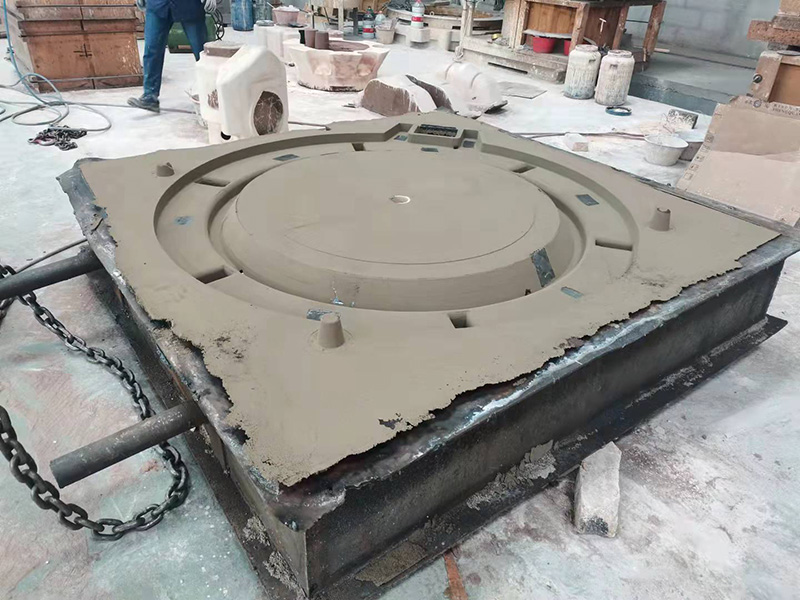
sand casting advantages. This makes sand casting suitable for producing parts that require high strength and reliability. Furthermore, sand casting is a highly customizable process that can be tailored to meet specific requirements. Different types of sands, binders, and additives can be used to create molds with varying properties, such as strength, permeability, and surface finish. This flexibility allows for the production of castings that meet the exact specifications of a particular application. Despite its many advantages, sand casting does have some limitations. For instance, the rough surface finish of sand castings may require additional finishing operations to achieve the desired surface quality. In addition, the size and weight of the castings may be limited by the manual labor involved in creating and handling the sand molds. In conclusion, sand casting offers a range of advantages that make it a highly versatile and cost-effective method for producing metal castings. Its ability to create complex shapes, its low cost, fast production times, and strong and durable castings make it an attractive option for a wide range of industries. While there are some limitations to consider, sand casting remains a popular choice for manufacturers looking to produce high-quality parts efficiently and economically. Post time:srp . 12, 2024 02:32
Next:Creating metal parts through sand casting process, a cost-effective and versatile manufacturing method.
